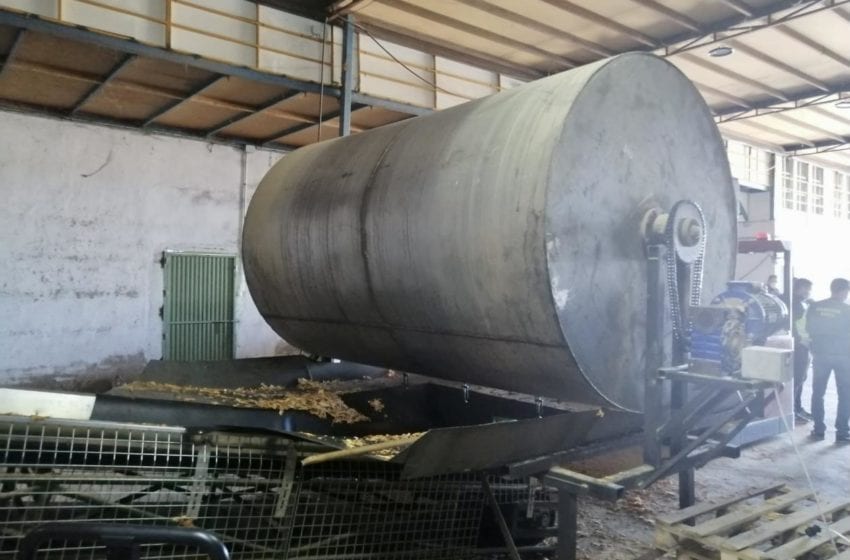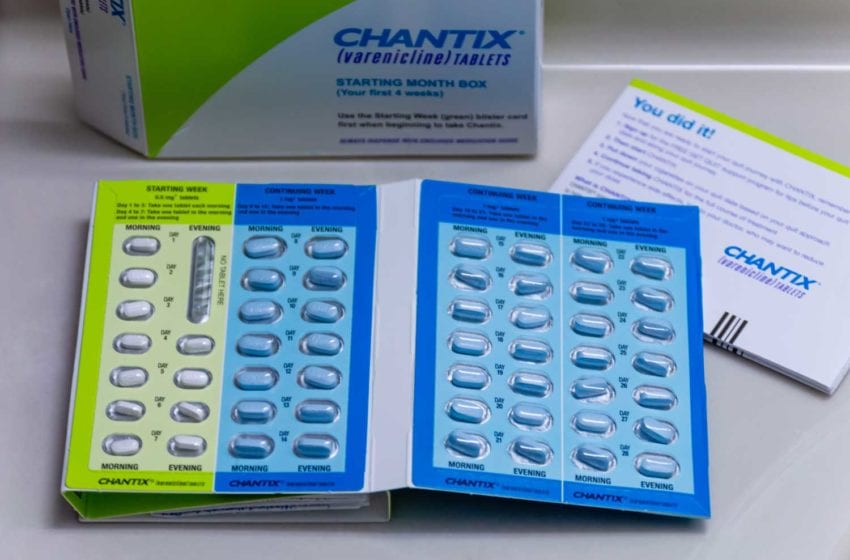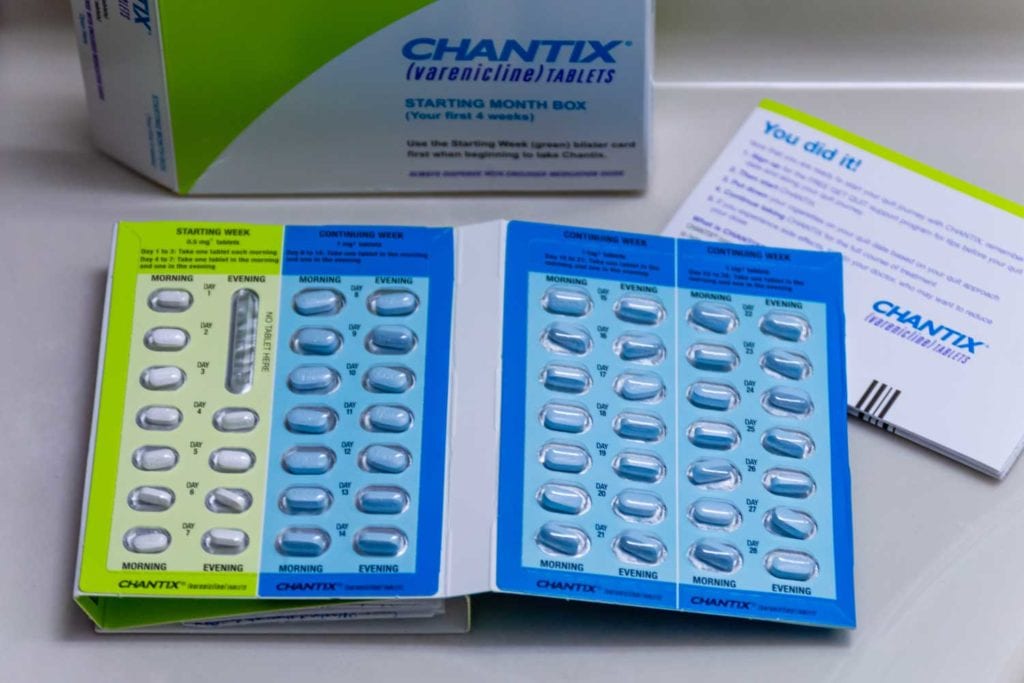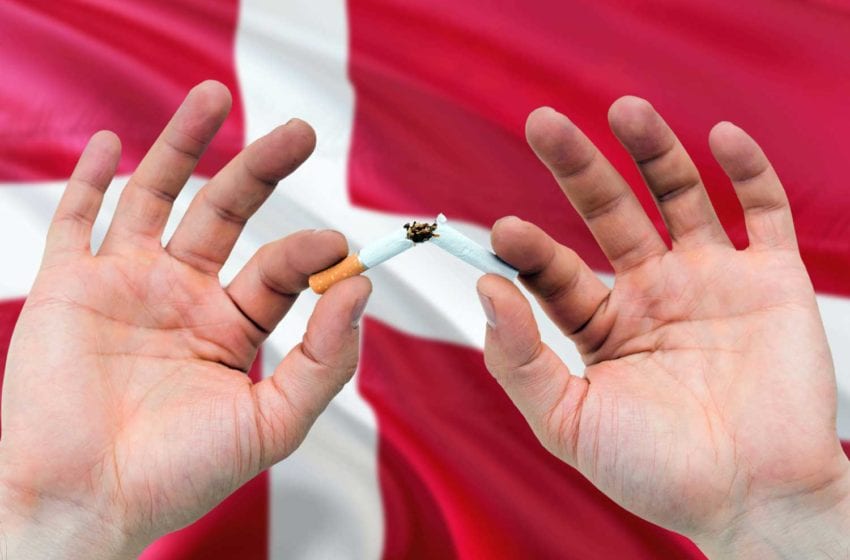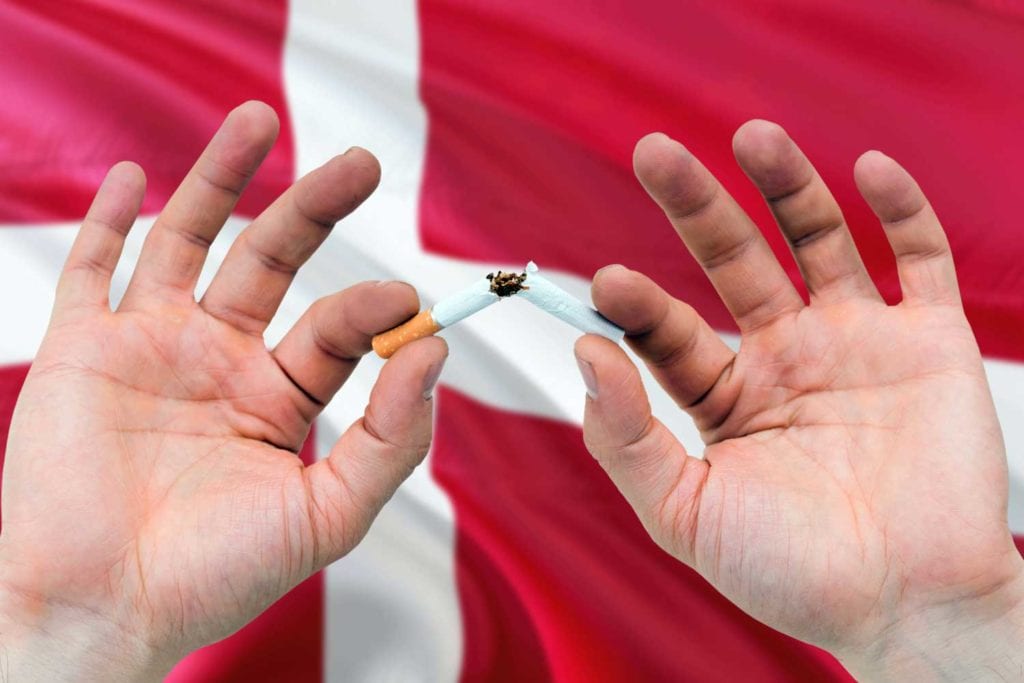Kretek International has announced a series of senior management promotions.
Jason Carignan, currently chief marketing officer of Kretek, will become president of Phillips & King International and TMG International. Carignan’s new role will involve the strategic expansion and digital transformation of the Phillips & King and TMG businesses to serve the evolving needs of independent retailers across the country. Sergio Montolfo, executive vice president and general manager, will report to Carignan and will continue in his role overseeing sales and operations of the business.
Carignan joined the company in 2014 and is credited with the strong growth of Kretek’s many proprietary brands and subsidiaries. Most recently, Carignan served as president of Dryft Sciences, a Kretek subsidiary, where he led the start-up, manufacture and commercialization of Dryft nicotine pouches until the company’s sale to Modoral Brands in November 2020.
“I have tremendous confidence in Jason Carignan, who has championed many of the company’s key successes over the years,” says Kretek President Sean Cassar. “With Jason at the helm of Phillips & King, we’re ready to rapidly advance our business modernization efforts in order to capitalize on the many growth opportunities ahead and to achieve our corporate objectives.”
Additionally, Albert Jose, currently director of Kretek marketing, has been promoted to senior vice president of sales and marketing for Kretek. Jose joined Kretek in 2012, when he began as a brand manager, and over the past nine years has led marketing and brand management efforts for many of the company’s most important products, including Djarum and Cuban Rounds. In moving into his new role, Jose’s duties will expand to include oversight for all of Kretek’s dedicated sales channels and their related marketing programs and product development efforts.
“The Djarum and Cuban Rounds product portfolios represent significant growth opportunities for the company,” says Cassar. “We look forward to Albert Jose and the entire sales and marketing team working together to expand distribution and build on the strong sales and margin growth our company has achieved over the years.”
Both Jason Carignan’s and Albert Jose’s roles will take effect immediately.





